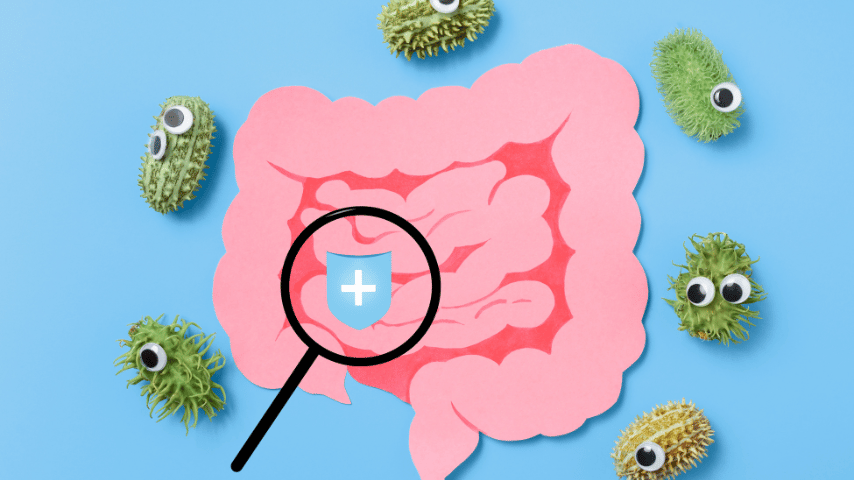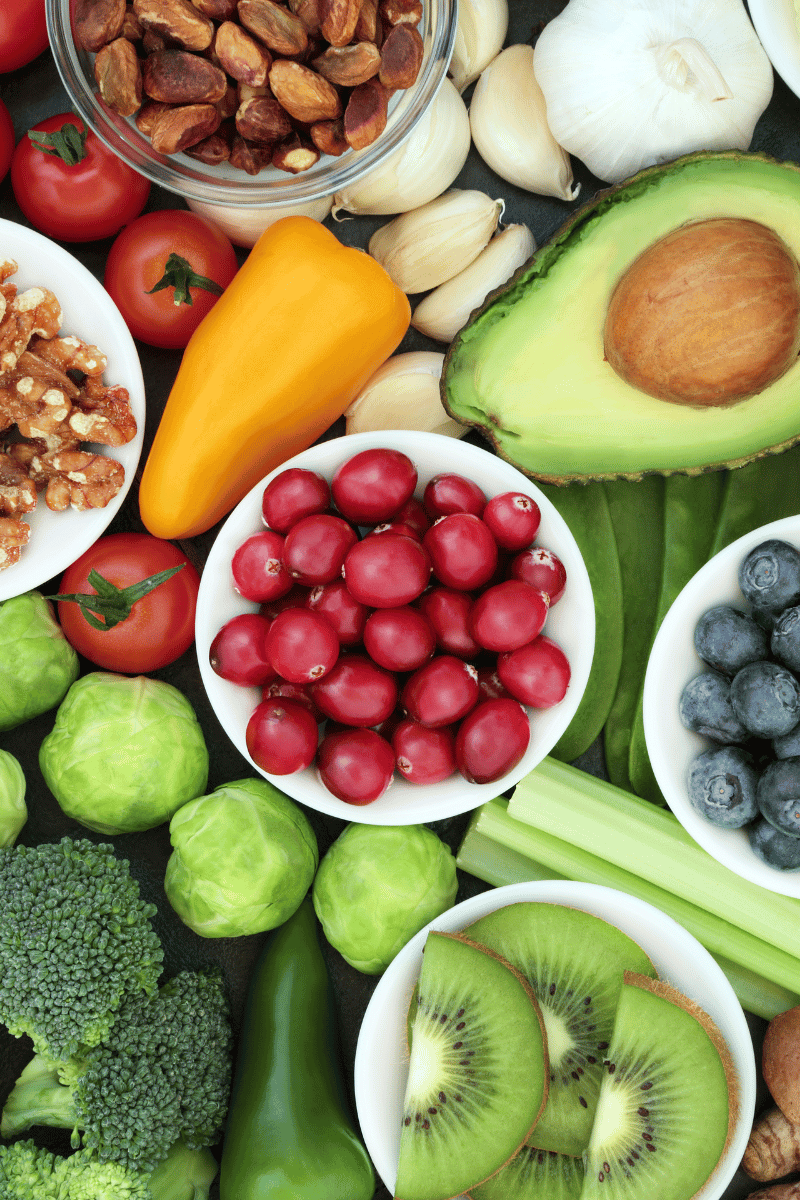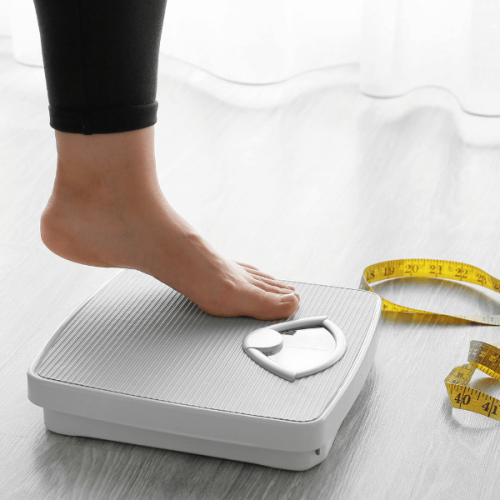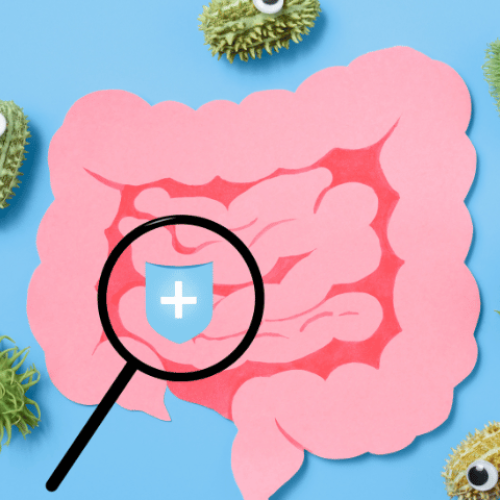As a Dietitian, I work to help my clients nourish their bodies better, in a way that helps them feel full and satisfied so they stop overeating or binge-eating and feel more in control of food.
A common discussion I have with my clients revolves around the concepts of fullness and satisfaction. These two terms are often used interchangeably by my clients, other Dietitians, and people on the internet, but in my opinion, they represent distinct aspects of our eating experience that are crucial for achieving a balanced and healthy relationship with food.
In this post we’ll cover:
- Understanding the difference between fullness and satisfaction
- Dieting, fullness and satisfaction
- Strategies to develop a balance
Understanding the difference between fullness and satisfaction
Physical fullness refers to the sensation of being physically satiated, typically associated with the feeling of a full stomach and a reduction in hunger cues. It is a physiological response to the intake of nutrients and calories, signalling to our bodies that our energy needs have been met. The fullness sensation is important for maintaining energy levels, supporting bodily functions, and preventing overeating.
On the other hand, mental satisfaction goes beyond mere physical fullness and encompasses the psychological aspects of eating. It involves feelings of contentment, enjoyment, and fulfillment derived from the eating experience. Mental satisfaction is influenced by various factors, including taste, texture, aroma, presentation, and the emotional context surrounding the meal.

Understanding the distinction between physical fullness and mental satisfaction is crucial for fostering a healthy relationship with food and promoting overall well-being. Here are some key differences between the two:
Source of Satisfaction:
- Physical fullness is primarily driven by the biological need to nourish the body and satisfy hunger.
- Mental satisfaction is derived from the pleasure and enjoyment associated with eating, including sensory experiences and emotional connections to food.
Duration:
- Physical fullness is temporary and fades as the body digests food and energy levels return to baseline.
- Mental satisfaction can have a lasting impact on our overall mood and sense of well-being, influencing our attitude towards food and eating behaviours.
Quality vs. Quantity:
- Physical fullness is often linked to the quantity of food consumed and the nutritional composition of meals.
- Mental satisfaction is more about the quality of the eating experience, including factors such as taste, presentation, and the social context of the meal.
Relationship with Food:
- Prioritizing physical fullness without considering mental satisfaction can lead to a disconnected and joyless approach to eating, potentially resulting in restrictive eating patterns or overconsumption of less nutritious foods.
- Emphasizing mental satisfaction allows us to enjoy a diverse and balanced diet while cultivating a positive relationship with food, where nourishment and pleasure coexist harmoniously.
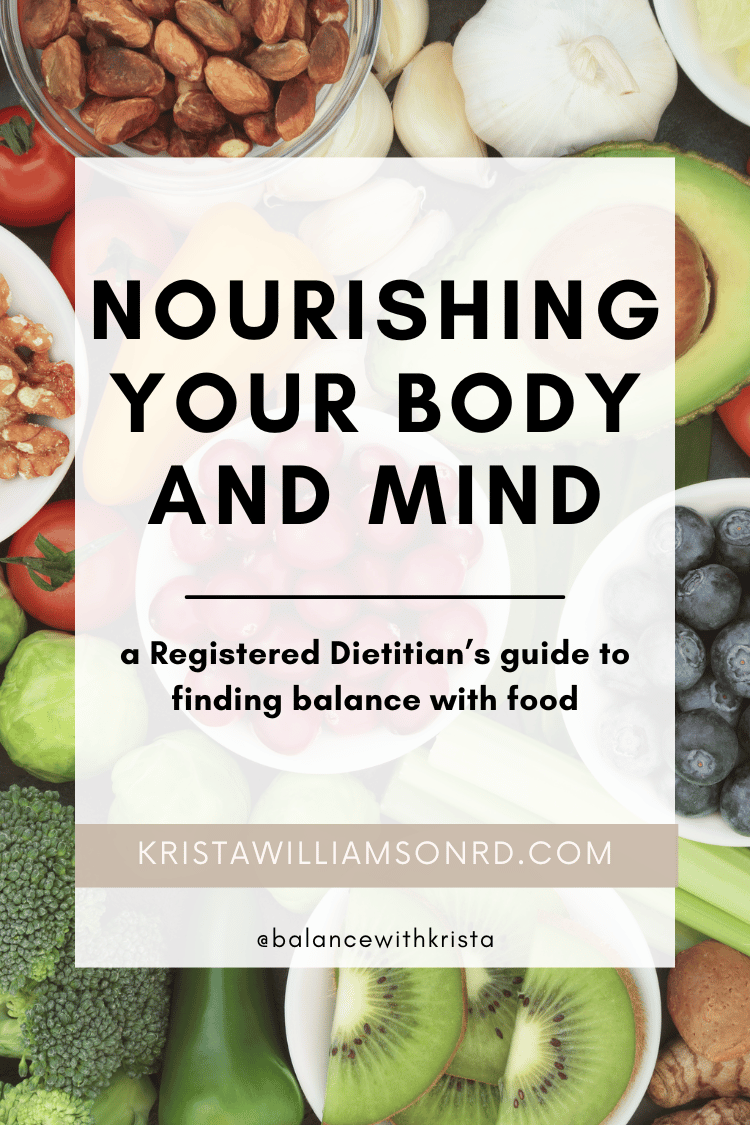
Dieting, Fullness and Satisfaction
It’s very common to feel full without feeling satisfied. Think about eating a plate of plain chicken breast, plain rice and plain broccoli because you know it’s “healthy” – not because you want to eat it. After, your stomach may feel full but you probably won’t feel satisfied. So you continue to eat or start to fantasize about certain foods in search of that feeling of satisfaction, even though you aren’t hungry. Does this sound familiar?
When a person decides they want to eat healthier, satisfaction is often pushed aside. And in my experience, this often becomes the demise of their best-set plan.
Satisfaction is also absent in many popular diets – especially diets intended for weight loss where calories are restricted, or foods/food groups are eliminated. When your diet plan only considers calories and macros without tuning into your internal feelings of fullness and satisfaction – it may work for a bit of time, but it rarely lasts. Your body’s physiological response to restriction (whether it’s physical or mental restriction) is overeating. You are not broken, your diet plan is.
I work with clients daily on finding the balance between meeting their body’s nutrient needs, providing physical fullness and achieving their health goals – while also feeling mentally satisfied. If you need help finding the balance that works for you – your body, your tastebuds, and your schedule – click here to learn about how we can work together.

Strategies to Develop a Balance
Incorporating both physical fullness and mental satisfaction into our eating habits can help us develop a more intuitive and mindful approach to nourishment. Here are some strategies to achieve this balance:
- Practice mindful eating: Pay attention to the sensory experience of eating by slowing down, savouring each bite and tuning into hunger and fullness cues.
- Choose nutrient-dense foods and pair them with satisfying ones: Prioritize food combinations that provide both physical nourishment and mental satisfaction, such as fruits, vegetables, whole grains, lean proteins, and healthy fats paired with foods, seasonings, dips, etc. that you love! *Stay tuned for my balanced snack guide coming soon to provide some inspiration!*
- Honour your cravings: Allow yourself to enjoy your favourite foods, recognizing that satisfaction plays an important role in overall well-being. Health is not just physical, it’s also mental, emotional, spiritual and social. Every food choice you make does not need to be for improving your physical health.
- Eat in a supportive environment: Surround yourself with positive influences, whether it’s sharing meals with loved ones, dining in a calm pleasant setting (if you don’t have a young child, lol) or engaging in mindful eating practices.
The more satisfied you are when you eat, the less you’ll think about food when you’re not hungry!
By embracing the balance between physical fullness and mental satisfaction, you can foster a healthier relationship with food that nourishes both your body and mind. As a registered dietitian, I aim to empower my clients (and my friends on Instagram) to prioritize both aspects of the eating experience, promoting balance, joy, and sustainable wellness.
PLEASE NOTE:
I’d love to know if this was helpful to you! If you have any questions, please DM me on Instagram or comment below.
All blog posts are written for general nutrition improvement and should only be used as a guide. This article is intended for educational purposes only and is not designed to diagnose, treat, prevent or cure any condition. It is not specific advice for any individual. Before adding supplements to your regimen, please speak to your healthcare professional.



